
Home
Publications
Publications
Showing 0 to 0 of 0 results

Statements
2025-06-25T16:51:49
APHR Condemns Killing of Filipino Human Rights Defender, Demands Swift and Impartial Investigation
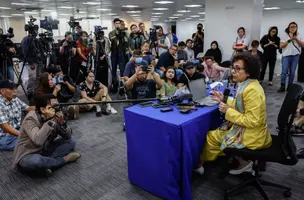
Statements
2025-06-19T15:11:46
APHR to Marcos Administration: End Red-Tagging, Free Human Rights Defenders, Act on UN Recommendations Now
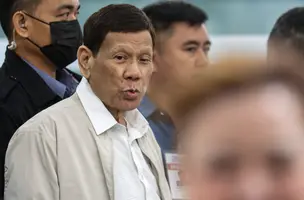
Statements
2025-03-11T15:34:01
Duterte’s Landmark Arrest: Defining a New Era for International Justice in Southeast Asia
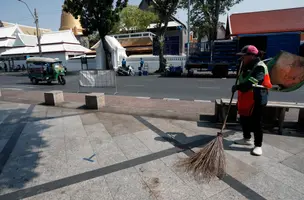
Statements
2025-01-08T21:33:03
APHR Condemns the Political Assassination of Former Cambodian MP Lim Kimya in Bangkok
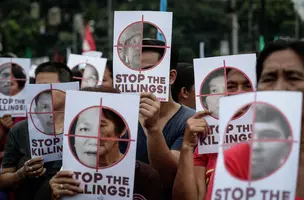
Statements
2021-03-18T08:09:01
Philippines: Duterte’s administration should be held accountable for the killings of activists and human rights defenders
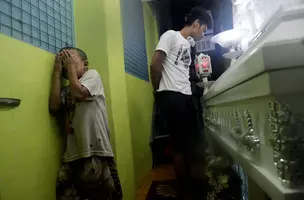
Open Letters
2020-08-27T08:13:26
Philippines: Letter to member and observer States of the United Nations Human Rights Council
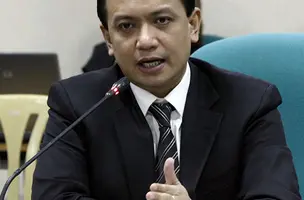
Statements
2018-09-24T07:38:08
ASEAN lawmakers call for the release of Philippine Senator Antonio Trillanes

Statements
2018-03-14T07:35:26
ASEAN MPs condemn murder of indigenous activist in the Philippines, call for protection of environmental rights defenders region-wide
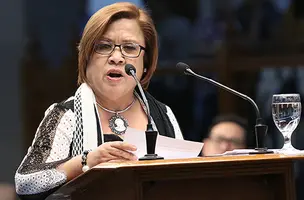
Statements
2017-08-14T07:33:21
ASEAN MPs call for release of Senator De Lima, end to extrajudicial killings in the Philippines
TOP
ASEAN Parliamentarians for Human Rights (APHR) was founded in June 2013 with the objective of promoting democracy and human rights across Southeast Asia. Our founding members include many of the region's most progressive Members of Parliament (MPs), with a proven track record of human rights advocacy work.
Copyright © 2024-2025 All Rights Reserved - ASEAN Parliamentarians for Human Rights (APHR)
Website by Bordermedia